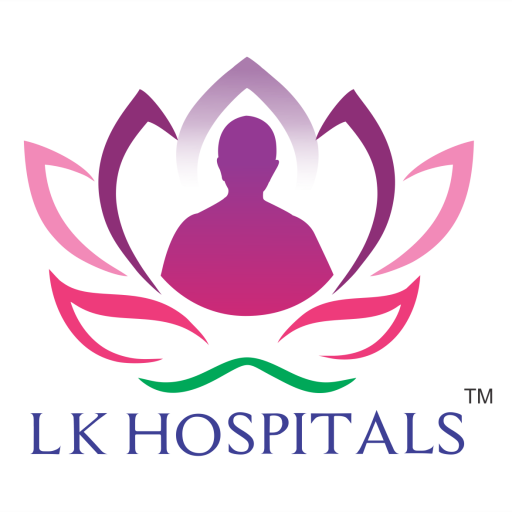
9 FACTORS THAT INCREASE RISK OF HEART-ATTACK
The term Heart-attack is thrown about quite flippantly in conversations but it is definitely one of the leading causes for death across the world. While in some cases the heart attack is caused by factors that cannot be controlled, in some cases there are ways to decrease risk and even prevent a heart-attack altogether.
WHAT HAPPENS IN A HEART-ATTACK?
Blockage in the coronary arteries caused by a buildup of fat, cholesterol or other substances restricts or completes blocks the flow of blood to the heart, leading to a myocardial infarction which is commonly called a heart attack.
HEART-ATTACK SYMPTOMS:
– Chest pain
– Squeezing or aching sensation in the arms that may spread to the neck, jaw or back
– Nausea, indigestion, heartburn
– Shortness of breath, fatigue
– Cold sweat, lightheadedness or dizziness
THE 9 RISK FACTORS:
1. AGE & GENDER:
Anyone at any age can have a heart attack. However, it is more common amongst those of age 50 and above. It has been found that while men are more prone to heart-attacks, the survival rate of women is relatively lower.
2. FAMILY HISTORY
Like age and sex, genetic factors can increase one’s risk for a heart attack, and just like with age and sex, this cannot be helped either. People whose parents have had an early heart-attack are at risk of developing heart disease as well.
3. BLOOD CHOLESTEROL
High Blood cholesterol is determined by the levels of low-density lipoprotein (LDL) cholesterol and triglycerides in the blood. LDL is considered bad cholesterol and exceeding normal levels, narrows arteries and increases the risk of heart attack. Triglycerides, a type of blood fat affected by diet can also increase the risk of a heart attack. However, having a higher level of high-density lipoprotein (HDL) cholesterol can lower heart-attack risk.
4. BLOOD PRESSURE
High blood pressure can damage arteries, leading to a heart attack. High BP can cause a chain reaction by increasing the heart’s workload, which causes the heart muscle to thicken and become stiffer, which leads to abnormal heart function. High BP in combination with obesity, smoking, high blood cholesterol levels or diabetes increases the risk of heart attack or stroke even more. Alcohol abuse can increase blood pressure, thereby increasing your risk.
5. SEDENTARY LIFESTYLE & BODY WEIGHT
Physical activity helps the heart function better. It also helps control cholesterol, diabetes and blood pressure. Even a moderately intense work-out will help you stay fit and prevent obesity, which is another risk factor when it comes to heart disease. Obesity is linked with high cholesterol. Bringing your cholesterol to healthy levels and losing just 10% of body fat drastically lowers heart-attack risk.
6. DIABETES
Having diabetes puts you at risk of heart disease. Uncontrolled blood sugar levels are extremely dangerous for your well-being because it makes you all the more susceptible to a heart attack and stroke. Working out and following your dietician’s instructions to the T can help reduce the risk.
7. SMOKING
Smokers have a higher risk of heart disease than non-smokers. However, secondary smoking is equally bad. Most people associate tobacco smoking only with lung disease, when in fact they are increasing their risk for coronary heart disease as well.
8. STRESS
While many health conditions are considered to be direct or indirect outcomes of stress, it cannot be denied that stress also increases the risk for heart attack. What’s worse is when stress leads a person to make unhealthy lifestyle choices such as binge eating or smoking or alcohol abuse – all of which increase heart-attack risk.
9. DIET & NUTRITION
The food we eat impacts our health directly. We must choose a heart-healthy diet that keeps our cholesterol, blood pressure and blood sugar under check. We must ensure all vital nutrients are included in our meals. Healthy food, healthy body-weight, healthy heart.
Reference:
https://www.heart.org/en/health-topics/heart-attack/understand-your-risks-to-prevent-a-heart-attack
https://www.mayoclinic.org/diseases-conditions/heart-attack/symptoms-causes/syc-20373106
https://www.texasheart.org/heart-health/heart-information-center/topics/heart-disease-risk-factors/
https://www.webmd.com/heart-disease/risk-factors-for-heart-disease
